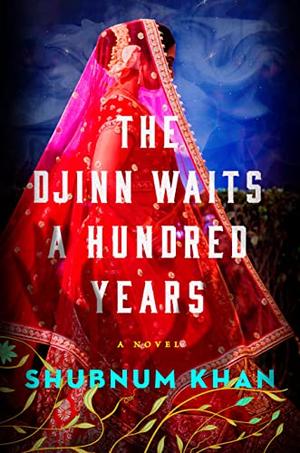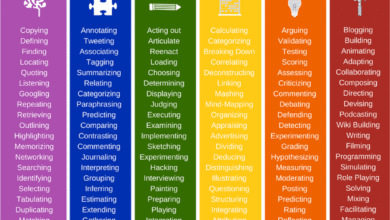THE DJINN WAITS A HUNDRED YEARS


When 15-year-old Sana Malek and her widowed father move from Johannesburg, South Africa, to Durban in 2014, they land in a once-glorious mansion overlooking the sea, now a ramshackle rooming house presided over by a kindly old man called Doctor. Sana is familiar with ghosts, having been haunted all her life by the spiteful ghost of her previously conjoined twin sister, who died soon after they were separated. So she recognizes that the house teems with them. She forms tentative bonds with some of the place’s corporeal residents, a group of contentious older women. But she’s more interested in the departed, and she begins to unravel their stories, especially when she finds a long-locked bedroom with diaries and photos that are evidence of a couple in love. In 1919, we learn in the book’s second timeline, a dashing, wealthy young Muslim man named Akbar Ali Khan left his village in Gujarat. Eventually he settled in Durban, following an arranged marriage in India with his modern Anglophile wife, Jahanara Begum. They have a son and daughter, but their marriage never warms, despite the spectacular house and gardens he builds for them. Then he does fall in love, with a Tamil girl hired to work in his sugar factory. Meena rejects him, but he takes her as another wife anyway, patiently winning her over until their love catches fire. Akbar isn’t the only one in love with Meena; the djinn of the title, an ancient creature weary of the world, is enchanted. But Jahanara’s bitter jealousy of Meena will lead them all to a terrible fate. Almost a century later, Sana will put it all together—but will that bring catastrophe? Khan’s prose is lush and lovely, her pacing skillful, and she successfully weaves a complex plot with a large cast.
Source link



